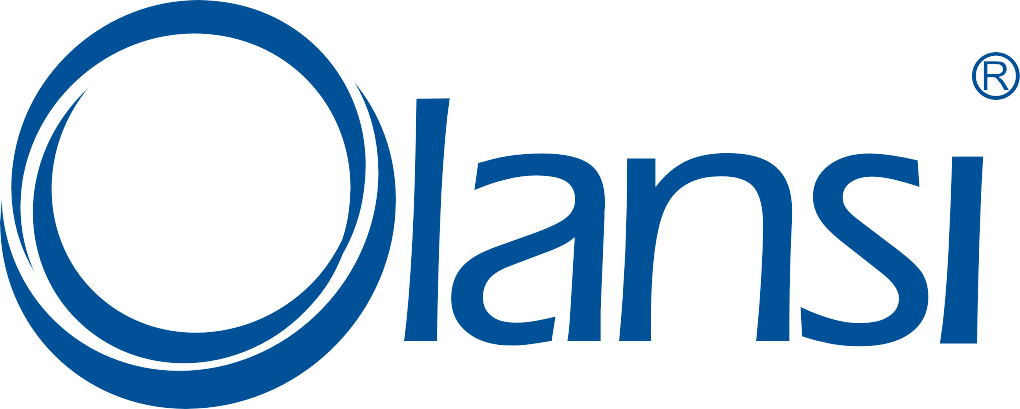Can HEPA Filtration Help With Allergies?
Absolutely, but only when used in conjunction with other cleaning methods. HEPA air filters are highly effective at removing airborne particles that tend to irritate allergies, but that’s just one step in the battle against indoor air contaminants. Like all things airborne, many heavier components will settle on the ground, rather than staying suspended in the air. It’s important to thoroughly clean floors, especially carpets, bedding, and curtains as these surfaces can retain pollutants.
Read More: Best Air Purifier 2016
Some vacuum cleaners have HEPA filters designed to contain these particles, so a good regime would be to use a HEPA air purifier in unison with a HEPA-grade vacuum cleaner. Other steps can be taken to increase allergen reduction in the home including keeping pets outside, smoking outside, washing bedding frequently, replacing carpets with hardwoods or tile, and covering mattresses with plastic covers.
A home air purifier for mold, pollen, dust, smoke, and spores can be extremely effective at improving indoor air quality, but only if used properly and in conjunction with other steps to improve your home’s air.
Are There Different Classes of HEPA Filters?
Various HEPA filter classes are available, but typically United States HEPA filters adhere to a Department of Energy standard specifying the requirement to remove at least 99.97% of airborne particles with a radius of 0.15 micrometers. A common marketing term called “True HEPA,” is meant to signify that the filter has indeed passed regulatory requirements and is an actual HEPA filter.
Some brands may market its filters as “99% HEPA,” or “HEPA-style” and these should be avoided as they haven’t met adsorbtion requirements specified by the government standard. Another efficiency scale to look for is called the Minimum Efficiency Reporting Value (MERV), and measures the overall ability of a filter to remove particulates from the medium it’s treating. The scale ranges from 1 to 20, with the higher ratings indicating better performance.
Most portable air purifier filters have a MERV rating between five and eight, while outstanding home purification systems fall somewhere between nine and twelve. Anything over a MERV of twelve is usually meant for industrial applications.

